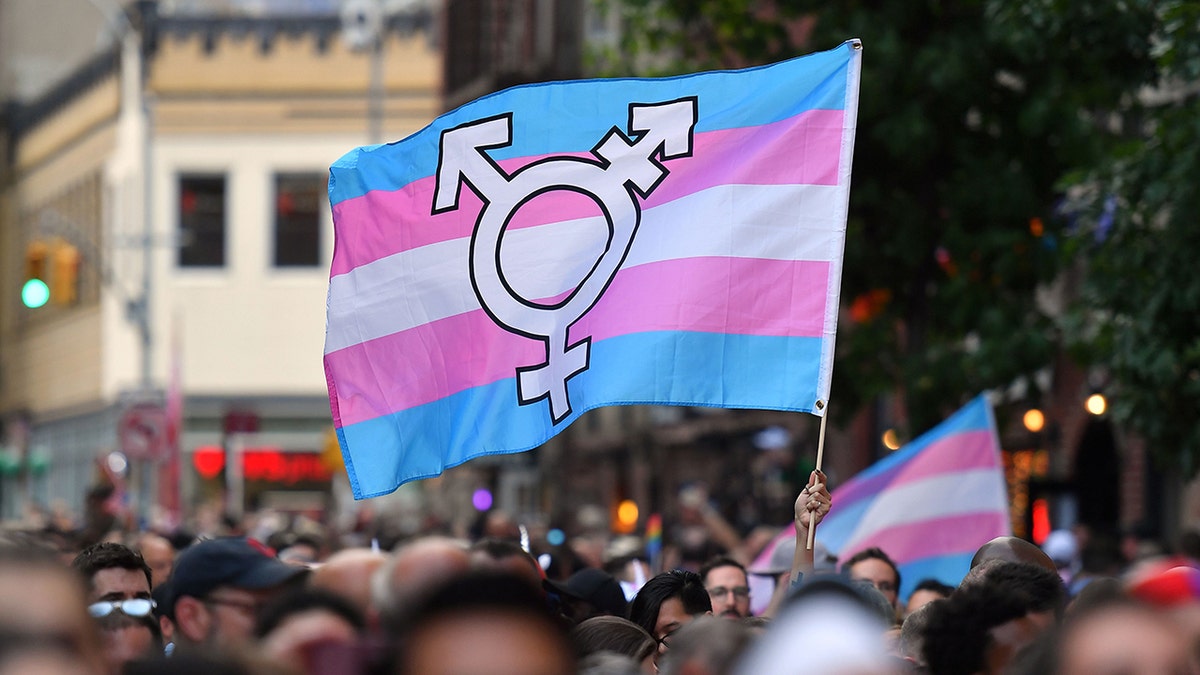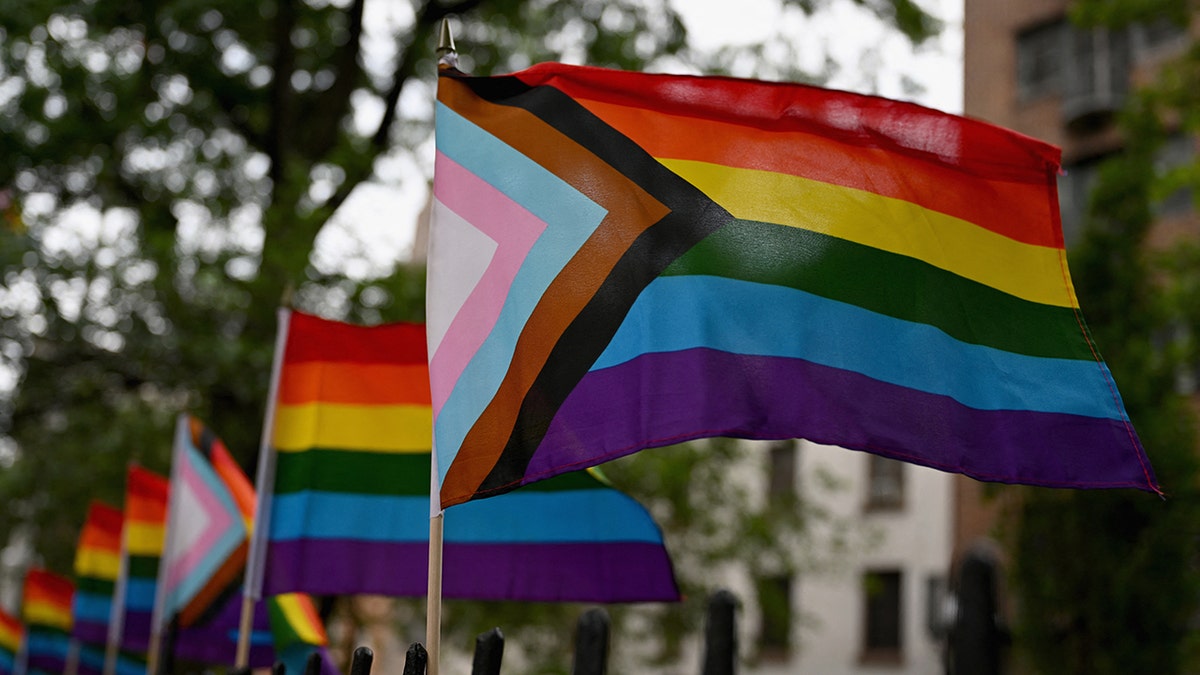New York school board approves resolution that could ban transgender athletes from girls’ sports
A Manhattan school board district has approved a resolution that could result in transgender athletes no longer being allowed to participate in girls’ sports.
Community Education Council District 2, Manhattan’s largest school board district, approved a resolution 8 to 3 that prompts the city’s Department of Education to review the policies that allow these transgender athletes to participate in girls’ sports, the New York Post reported.
Resolution 248, which was met with strong criticism from community members, also calls for parental involvement in future decisions.
In addition, advocates are calling for clarity on how the decision to allow transgender athletes to participate in sports programs, where they often have physical advantages over other competitors, was initially made.
CAITLYN JENNER BACKS NEW YORK COUNTY’S BAN ON TRANSGENDER FEMALE ATHLETES: ‘STOP IT NOW WHILE WE CAN’
Despite the overwhelming majority of the school board district voting in favor of the resolution and despite public outcry from its critics, the resolution is mostly symbolic, per the Post.
Its passage followed a contentious meeting in midtown Manhattan which included attendance by actor Elliot Page, City Council members, and district parents.
NEW YORK COUNTY MOVES TO PREVENT BIOLOGICAL MALES COMPETING IN GIRLS SPORTS AT LOCAL FACILITIES

At the meeting, Jared Danker, a DOE employee who is also a District 2 parent, said the resolution would “marginalize and discriminate against a group of students who need our affirmation and support,” the New York Post reported.
NYC Council member Erik Bottcher similarly condemned the resolution, saying he and other lawmakers were “outraged” the school board was “considering a resolution targeting transgender girls and sports.”

“It is utterly shocking that such a regressive and harmful resolution is being proposed in the school district in the middle of Manhattan,” he added.
Advocates for the resolution noted it does not call for any major policy changes, only that it would spark broader conversation.
Read the full article Here


